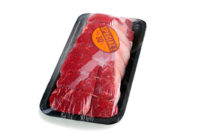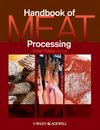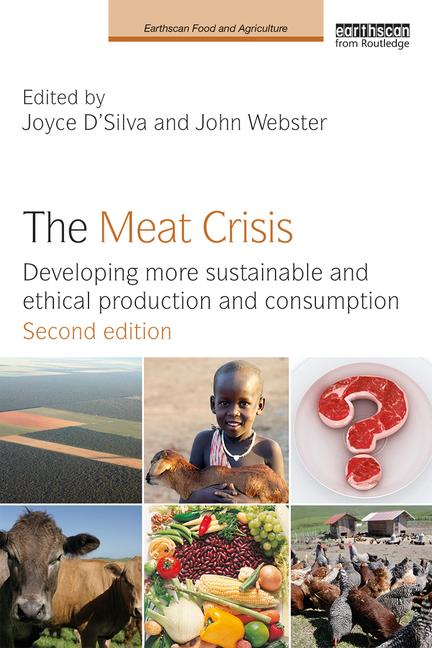Protein Problem Solver
Increasing the packaging speed of raw bacon lines

To capitalize on the increasing demand for raw bacon used in the food service and retail industries, meat processors are increasingly turning to high-speed packaging solutions that include dedicated interleavers and card dispensers that maximize throughput. By including automated stacking, the equipment also eliminates unnecessary labor costs while reducing the risk for injuries caused by repetitive motion.
Interleavers are automated, high-speed machines designed to dispense sheets of paper, film or cardstock under, between or around meat, cheese and other products for portion control, inventory control and more sanitary handling. This includes greaseproof paper, parchment paper, plastic film or bacon boards added after slicing and before final packaging.
For raw bacon used in food service operations, including restaurants, interleaved paper is often used to separate bulk portions of sliced bacon. The alternative is to pack raw bacon as individual slices side-by-side on paper in what is known as lay-flat packaging. In both cases, interleavers are often combined with counter/stacking modules that automatically count and stack the portions for boxing or gas flush packaging.
For raw bacon packaged for retail sale in grocery stores and other outlets, packaging typically involves slicing and shingling the bacon in specific units of weight before an L-board is interleaved and folded over the top of the product before vacuum-sealing.
The need for speed
In the production line, the interleaver operates between the slicer and the final packaging equipment, with the slicer typically capable of the highest processing rates. Although this speed imbalance is generally acceptable, there are times when higher packing speeds are required.
“The bottleneck [in bacon processing] is usually with the interleaving or packaging equipment,” explains Bernell Martin, president of John F. Martin & Sons, a meat processor that supplies raw bacon to both foodservice and retail outlets. “So when the process needs to move faster, it usually means switching out equipment to generate that speed.”
According to Martin, his company operates five packaging lanes, three of which include dedicated interleavers for L-boards. Due to increased demand, the maximum throughput needed to increase from only 38 boards per minute to 54, at a minimum.
After some research, Martin decided to install a ProLeaver Card Dispenser from Packaging Progressions. According to Martin, the unit has exceptionally high throughput speeds that exceed the industry norm by as much as 40 percent. For retail packaging of bacon, the unit can reliably feed up to 80 cards per minute without losing time to jams, missed cards and double feeds.
John F. Martin & Sons’ foodservice operations requires traditional paper-feeding interleavers. Based on a sheet-weight of half-a-pound of raw bacon, the equipment can interleave up to 120 sheets per minute for a total of 3,600 pounds of lay-flat bacon per hour — nearly twice that of traditional systems.
In many processing plants, the counting and stacking of lay-flat bacon into boxes is still performed manually as well. Instead, automatic stackers can replace this manual step while eliminating the “bunching” often associated with “hand catch stacking.” To that end, high-speed models are capable of counting and auto stacking up to 120 sheets per minute. NP
For more information about Packaging Progressions, call (610) 489-8601, e-mail sales@pacproinc.com or visit www.pacproinc.com
Looking for a reprint of this article?
From high-res PDFs to custom plaques, order your copy today!








